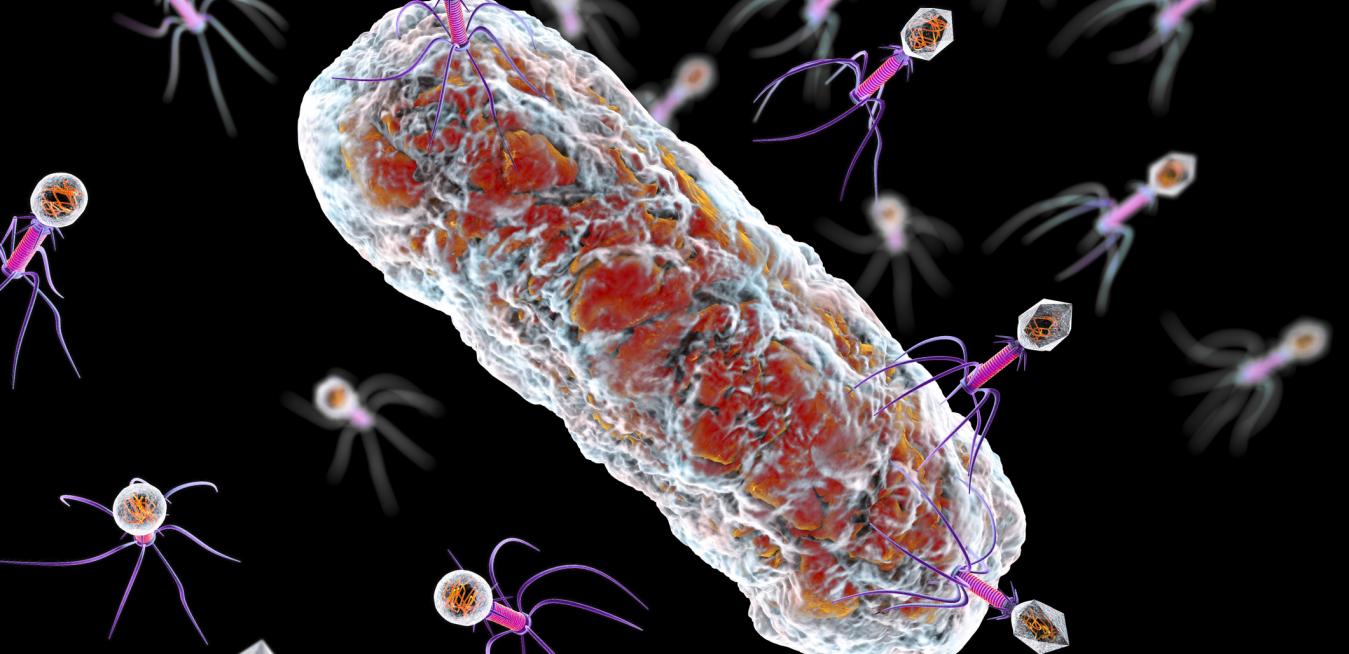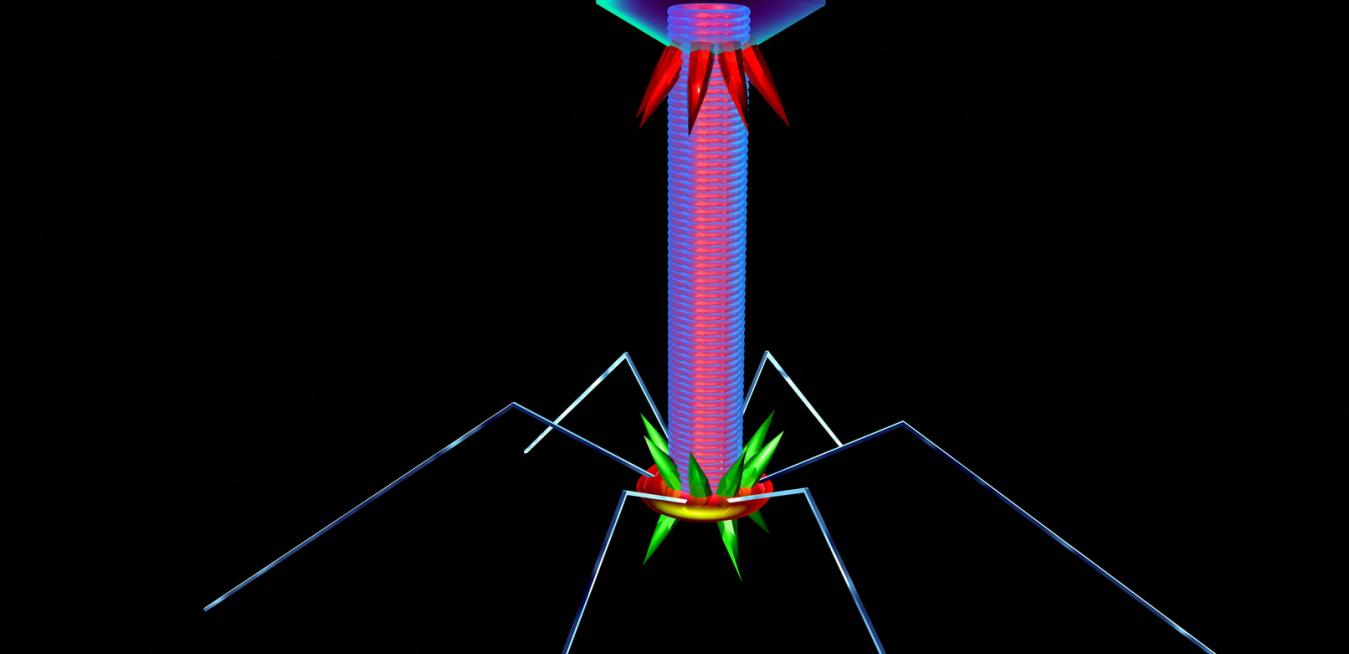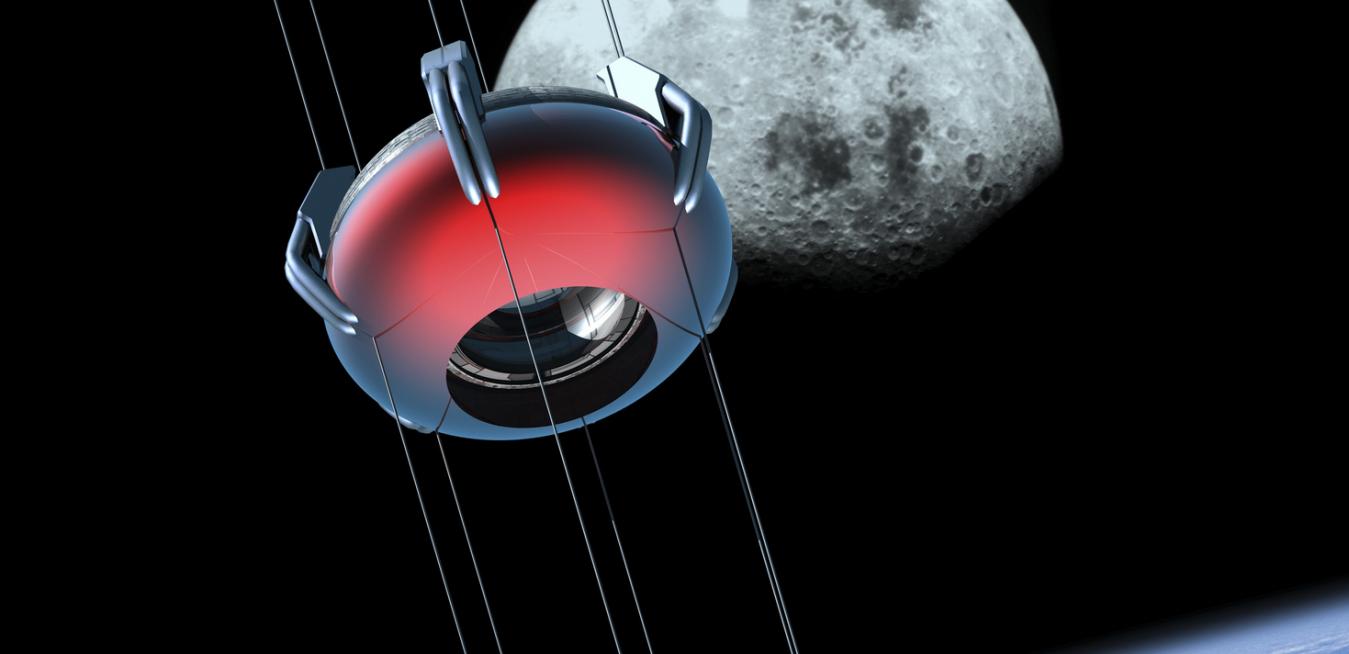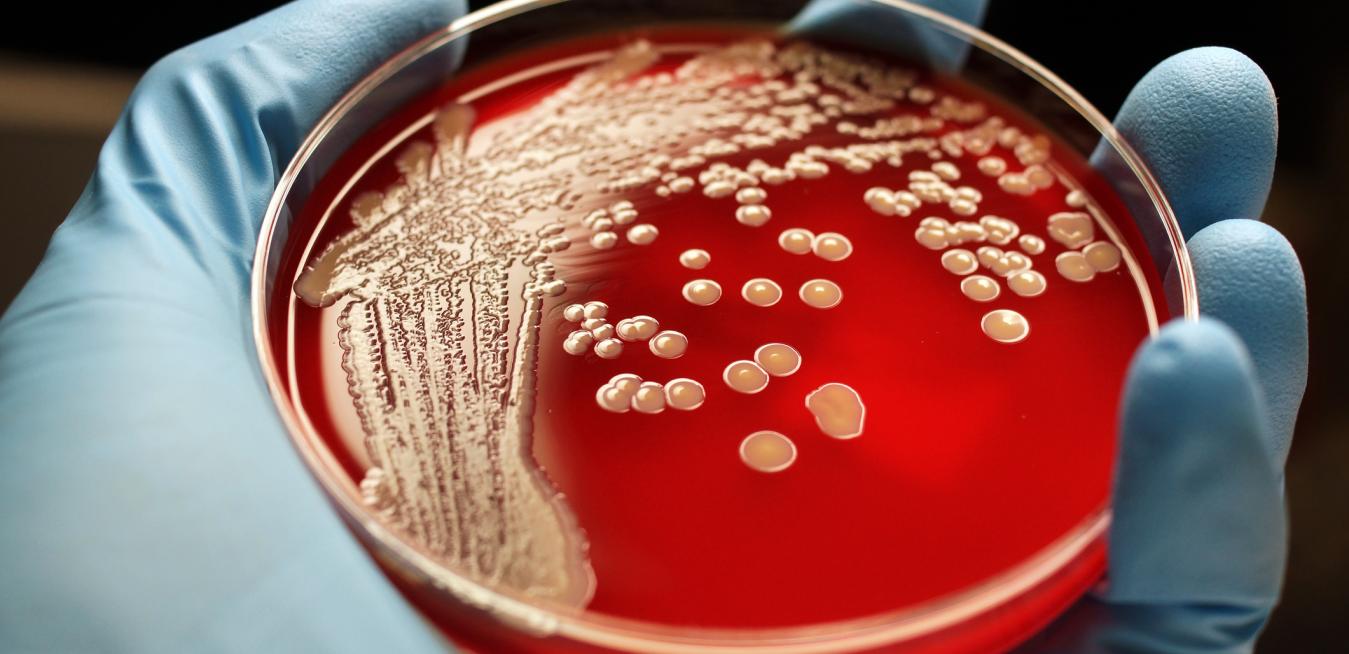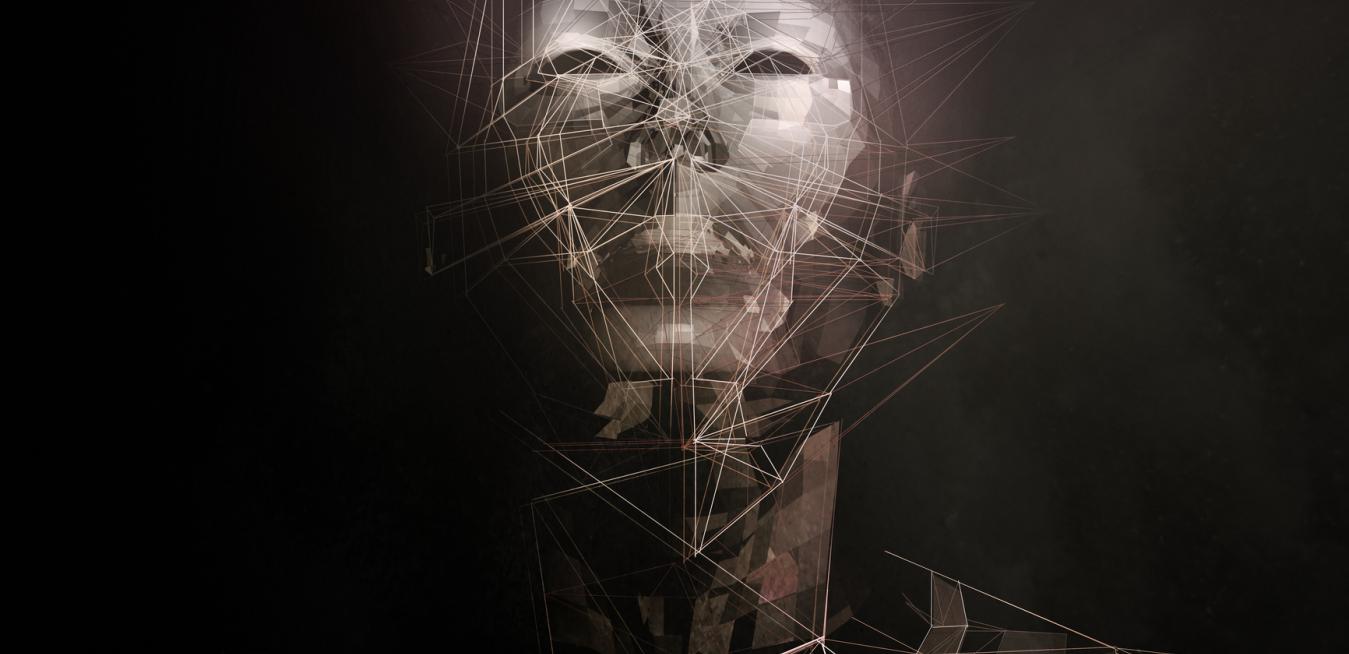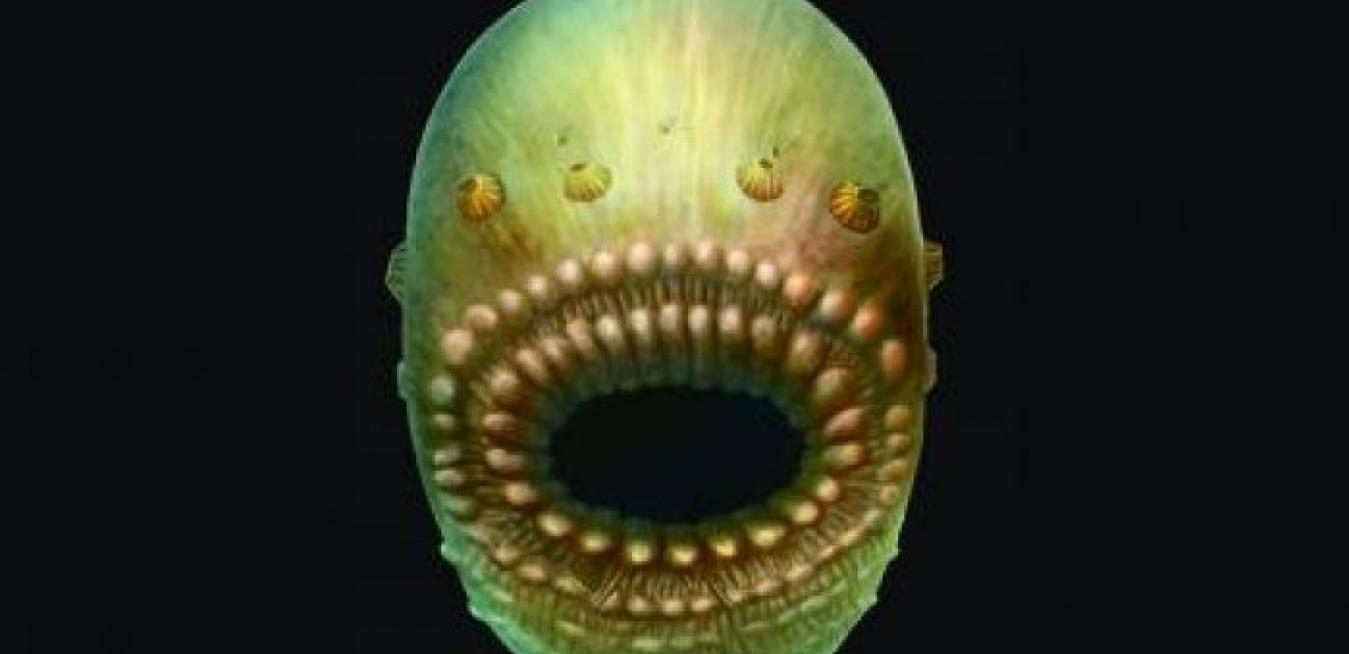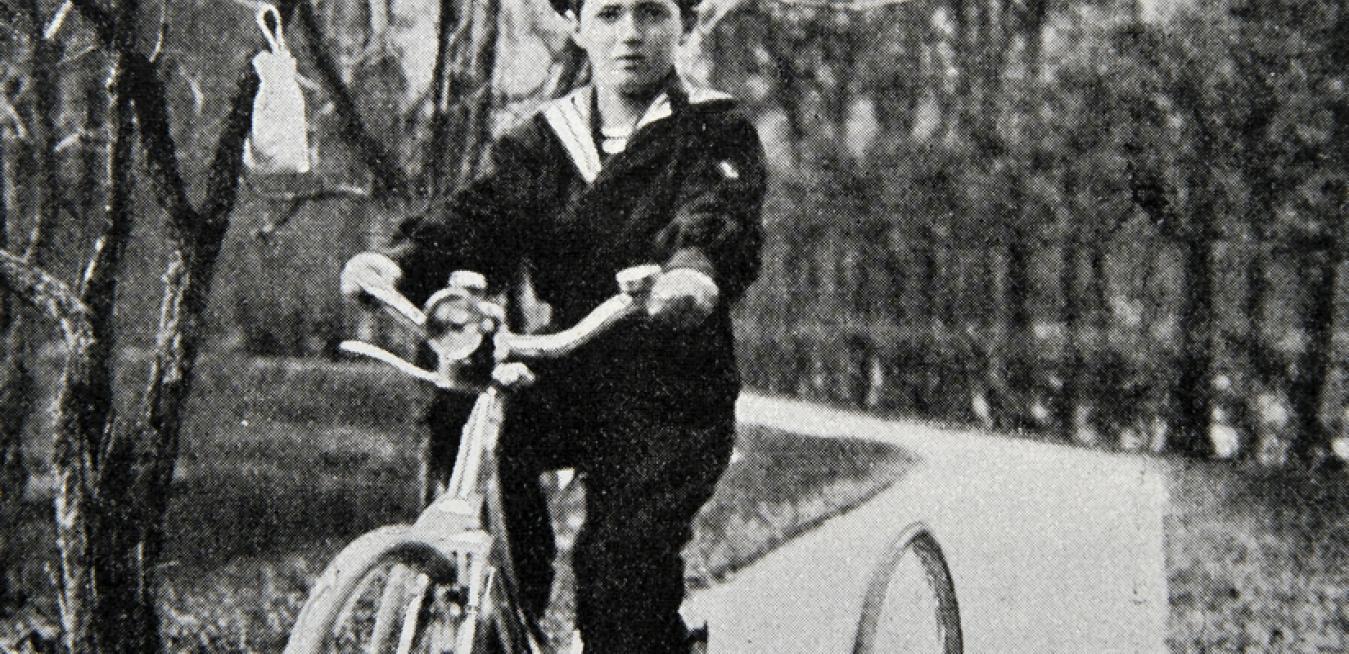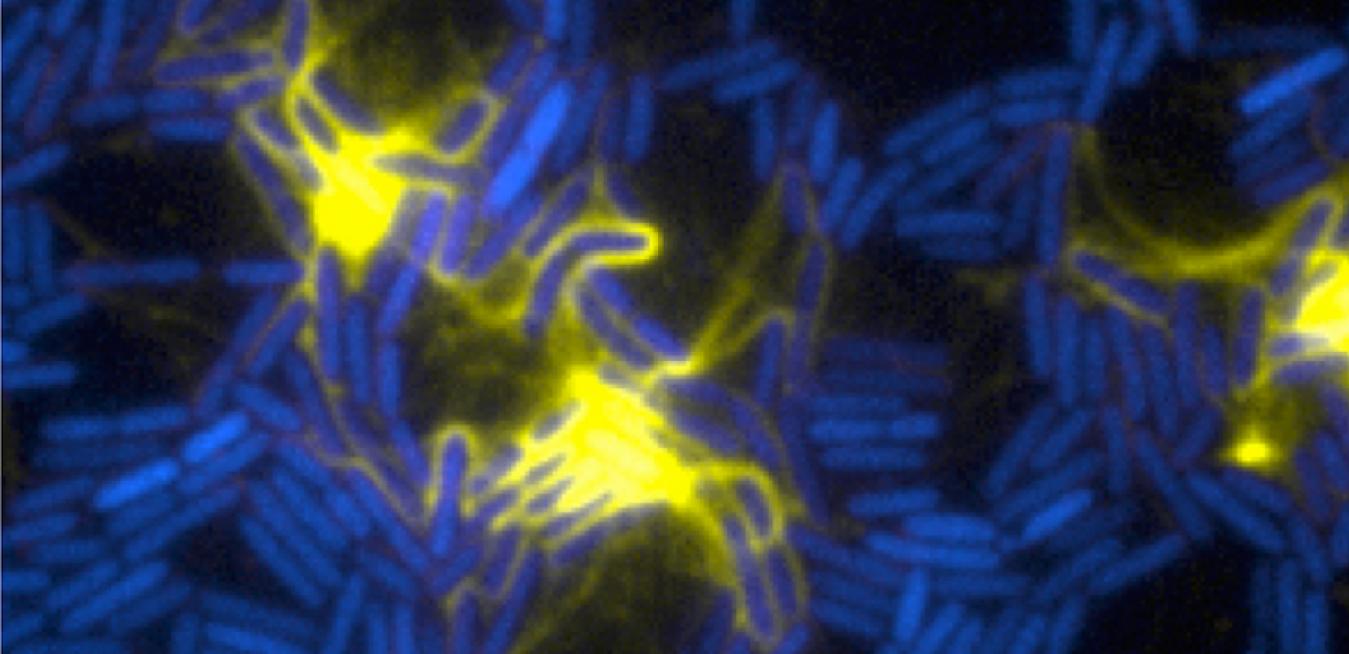Scientists created a gel that’s absolutely packed with bacteria-killing viruses, engineers designed a super sensitive microphone that can eavesdrop on the whispers of atoms, and researchers developed a test to quickly detect signs of sepsis in the bloodstream. This week’s coolest scientific discoveries are so small that you can’t see or hear them without special help — but their effects may be resounding.
Microscopic viruses could be ammunition in the fight against antibiotics resistance, a new technique could solve a shortage of lungs for transplants, and an effective, low-cost method of desalination could make industrial waste less toxic. Things are really looking up in this week’s coolest scientific discoveries.
Bone marrow implants could forestall neurodegenerative diseases like Alzheimer’s, synthetic DNA sheds light on how life might’ve evolved elsewhere in the universe, and computer-designed DNA could combat uncontrollable microbial infections. Find out what has been bugging scientists in this week’s coolest scientific discoveries.
Against Neurodegenerative Diseases, Scientists Find A Marrow Path To Victory
Electric Cars That Are Just One Big Battery
Three’s Company (When Telepathically Piloting Fighter Jets)
Researchers built an AI that learned to how to code, found chemicals in a giant lizard’s blood that killed deadly bacteria, and proposed efficient wind turbines fashioned to behave like insect wings. This science will blow you away.
This AI Just Learned How To Code
What Your Ancestors Looked Like 535 Million Years Ago
This week we learned about German bacteriologists who picked a powerful new antibiotic made by a microbe that lives in people’s noses, a leaf-like solar cell that turns CO2 into usable fuel and an arctic heatwave that released anthrax spores from decades-old frozen reindeer. There’s more Proceed with caution.
